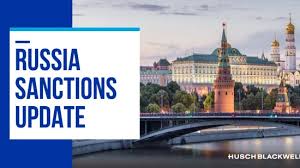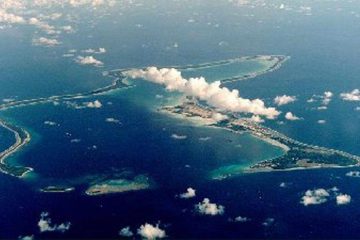The Role and Impact of Sanctions in Global Affairs

Introduction
Sanctions have become a key tool in international relations, often serving as a means to enforce international law, maintain peace, and promote human rights. Governments and global organisations impose sanctions to respond to actions deemed unacceptable, including aggression, human rights abuses, or violations of international agreements. The growing complexity of global relations has heightened the importance of understanding how sanctions work and their broader impacts on economies and societies.
What Are Sanctions?
Sanctions are measures taken by countries or international bodies with the aim of influencing or deterring certain behaviours. These can include economic sanctions, trade restrictions, travel bans, and diplomatic isolation. The most notable examples in recent history include the sanctions imposed on Russia following its annexation of Crimea in 2014, and more recently, those placed on the nation in response to its military actions in Ukraine. These measures not only affect the targeted government but can also have significant repercussions for civilians and global markets.
Recent Developments in Sanctions
In 2023, the UK, EU, and US have collectively ramped up sanctions against Russia as its conflict in Ukraine escalates. In March 2023, the United States introduced new trade restrictions targeting sectors including technology and energy. The European Union followed suit with measures aimed at undermining Russia’s military capabilities.
Similarly, the international community continues to apply sanctions against North Korea for its nuclear weapon developments. The repercussions of these sanctions serve as a critical reminder of the complexities inherent in punishing a state while attempting to alleviate humanitarian crises resulting from such actions.
Impact on Global Economies
Sanctions can have dual effects; while they intend to pressure governments into altering their behaviour, they often lead to widespread economic suffering for ordinary citizens. For instance, sanctions against Iran have resulted in significant hardships for its population, often leading to rising inflation and unemployment. This trend is observed in Syria, where sanctions intended to weaken the regime have simultaneously exacerbated humanitarian conditions and hindered international aid efforts.
Looking Ahead
As global tensions continue to rise, the role of sanctions as a diplomatic tool will remain significant. Experts predict an increase in multilateral sanctions, highlighting the need for cohesive international policy regarding their implementation and monitoring. For readers, understanding the implications of sanctions can foster greater awareness of the interconnectedness of global politics and its direct effects on everyday lives.
Conclusion
Sanctions are a complex yet essential part of international diplomacy. Their purpose is to advocate for peace and stability, but their execution requires careful consideration of collateral impacts. As world events unfold, remaining informed about the nature of sanctions and their broader implications is increasingly vital for understanding international relations in today’s interconnected world.









